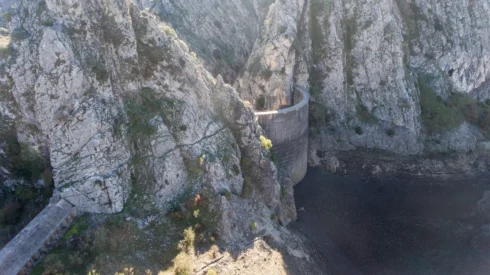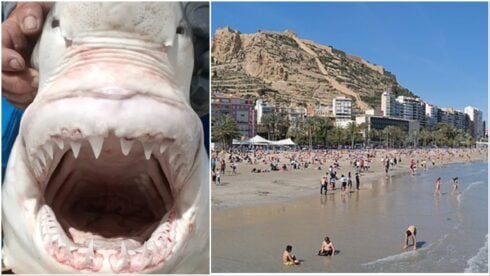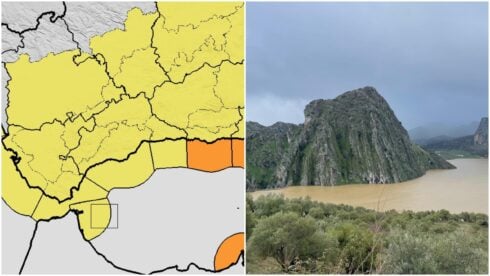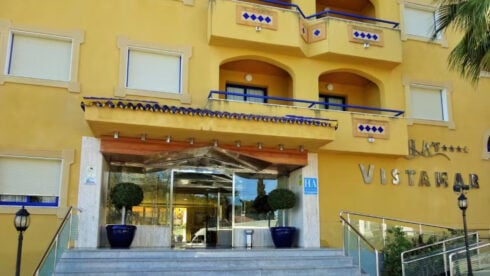HOTEL searches in Spain soared by 142% on Saturday following the news that the country would be reopening tourism from June 22.
According to Spanish travel agency Destinia, the spike occurred between 2pm and 7pm, just after the weekly appearance by Prime Minister Pedro Sanchez.
The PSOE leader told those in the country to ‘plan their holidays now’, vowing that ‘there will be a tourists season this summer.’
He encouraged tourist establishments to begin preparations to reopen before adding that foreign tourists, too, can plan their holidays from July.
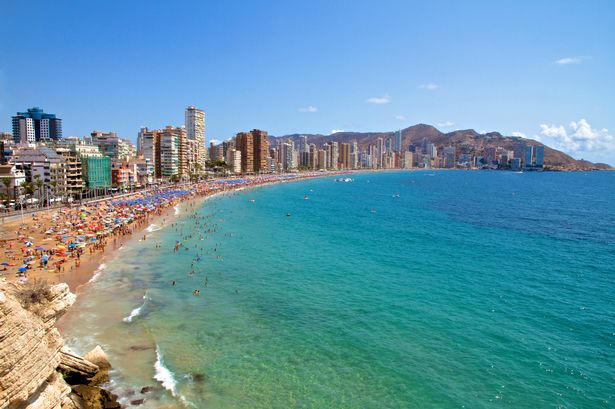
Immediately afterwards, online searches for hotels skyrocketed, with Destinia recording a 142% increase over the same time period recorded the previous Saturday.
The most sought after towns were Benidorm, Salou, Peñiscola, Lloret de Mar, Torremolinos, Cambrils, Benalmadena, Gandia, Mojacar, Santa Susana, Calella and Puerto de la Cruz.
But it wasn’t just beach hotels getting a look in, with rural hotel searches also experiencing a spike.
Director of Destinia Ricardo Fernandez said Sanchez’s statement was a ‘very positive’ announcement for the tourism sector.
“On the one hand, it sends an international message that we want to remain relevant as a favourite destination in southern Europe and the Mediterranean, and on the other, it eases the general public by letting them know we will have summer and we will be able to travel.”
It comes after Teresa Ribera, in charge of the de-escalation plan, revealed in an interview with El Periodico this week that only areas which have entered and completed two weeks of Phase 3 of the coronavirus de-escalation plan will be permitted to open their borders to tourists.
The date for such zones to do this, she added, will be as early as June 22.
These areas will have special ‘corridors’ between other Phase 3 areas and most likely with certain European destinations.
Ribera said: “It could be that a citizen of Badajoz can go to spend a few days in Huelva, but perhaps those of Madrid cannot.
“That is what we call ‘safe corridors’, connecting areas with an equivalent level of security and statistical probability of contagion both at the origin and destination.
“In the case of European destinations or arrivals, it is likely that the same scheme will be reproduced.”
It could mean that certain nationalities will be held back from entering after Cyprus announced it would not be letting Brits in due to the UK’s higher incidence of COVID-19.
Click here to read more Spain News from The Olive Press.


